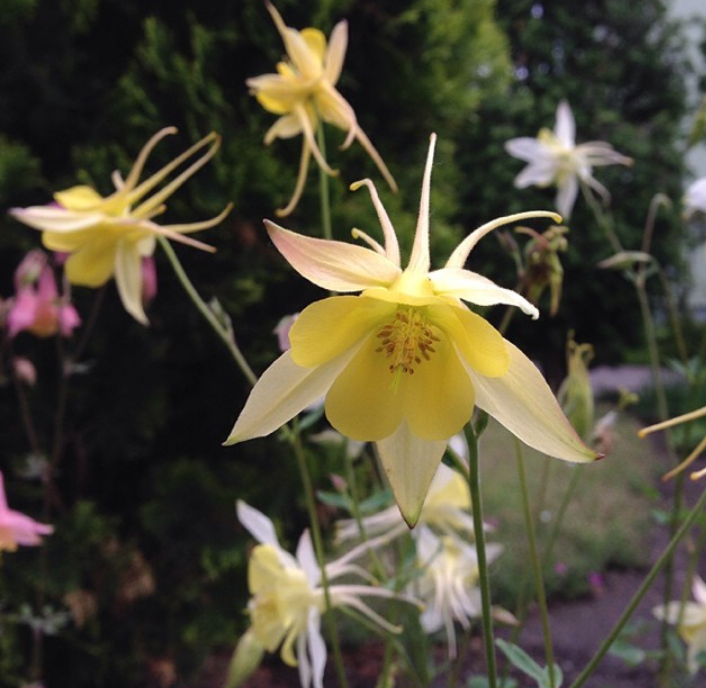可可電臺(tái),每期節(jié)目一話題,讓英語磨練耳朵的同時(shí)學(xué)到更多有益的小知識(shí),豐富知識(shí)的同時(shí)受益于生活。
Speaking skills
談話技巧
Use People's Names More
多說對(duì)方的名字

We are more likely to be in tune with others when they say our name. Dale Carnegie, an author of public speaking and interpersonal skills books, previously said our names are “the sweetest and most important sound” to us. In conversation, you can use this to your advantage by asking for their name, and then dropping their name occasionally throughout the conversation later on.
當(dāng)別人說出我們的名字時(shí),我們會(huì)更可能和他們保持在一個(gè)頻道上。公共演講和人際關(guān)系類書籍作者戴爾•卡耐基曾說過,對(duì)人們而言,自己的名字是“最甜美、最重要的聲音”。在交談中你可以充分利用這一點(diǎn),先詢問對(duì)方的名字,然后在后面的談話中偶爾提到它。
The ability to remember someone's name has been linked to people being more likely to help you, more likely to buy from you, and is seen as a compliment. A study in the Journal of Consumer Research found using people's names is a complementary means of persuasion. When we hear our name, we automatically shift our attention to the speaker, which creates an illusion that we are important.
記住別人名字的能力讓你更容易獲得幫助、更有可能售出商品,這種行為被視為一種贊美。《消費(fèi)者研究期刊》上的一項(xiàng)研究發(fā)現(xiàn),使用人名是增強(qiáng)說服力的方法。當(dāng)我們聽到自己的名字時(shí),會(huì)自動(dòng)把注意力轉(zhuǎn)移到說話者身上,產(chǎn)生一種我們很重要的幻覺。
【知識(shí)點(diǎn)講解】
link to 與…連接, 聯(lián)系;
例句:
The Alumnae Association is my link to the school's present administration.
女校友協(xié)會(huì)是我和現(xiàn)在學(xué)校行政部門之間的紐帶
Broadly, it makes connections between ideas about healing and how they link to plants.
籠統(tǒng)說來,它將治療理念和如何與醫(yī)療設(shè)備相結(jié)合聯(lián)系了起來。
But one link to the past remains -- Dante's Down the Hatch.
但是仍然有一個(gè)與過去聯(lián)系的環(huán)節(jié) —— 丹特開設(shè)的“干杯”.
安夏の微信公眾號(hào):安夏說英語(anxia1002)/ 聽歌說英語,安夏個(gè)人微信:anxia1102
[本節(jié)目屬可可原創(chuàng),未經(jīng)許可請(qǐng)勿轉(zhuǎn)載]











